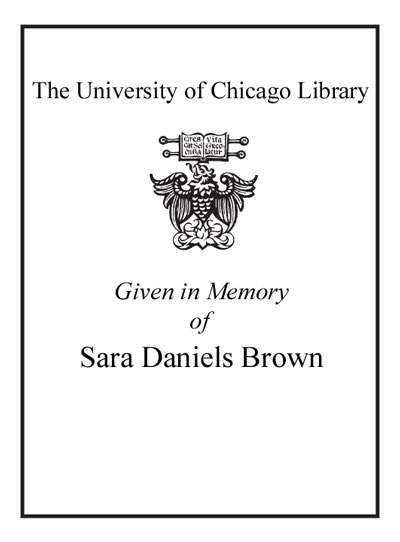Review by Choice Review
Fisher followed a group of primary teachers through the first two years of England's National Literacy Strategy (NLS), the initiative to raise literacy standards. Central to the NLS is the "literacy hour," a daily, systematic session of ordered activities. The book describes considerable differences in how teachers implemented the literacy hour. Many enjoyed the increased variety of texts, strategies, and activities introduced. However, many also experienced difficulty implementing certain activities and complained that the literacy hour was restrictive, diminishing time to work on extended projects, pressuring teachers to teach quickly, and de-emphasizing meaning in favor of mechanical aspects of print. The team also found little evidence that the literacy hour significantly changed teachers' pedagogy: they frequently adapted NLS recommendations to serve personal agendas. The book also offers advice that supports more social interaction, scaffolding, flexibility, time, modeling, and process-focused work elements not readily apparent in NLS guidelines. Ultimately, it suggests that a large-scale strategic initiative is fraught with difficulties if teachers do not understand its theoretical underpinnings or view it as a rigid mandate that dismisses unique student needs. The most prescient words: "No formula can create an effective teacher." Recommended for graduate students, researchers, and faculty. D. K. Kaufman University of Connecticut
Copyright American Library Association, used with permission.
Review by Choice Review

